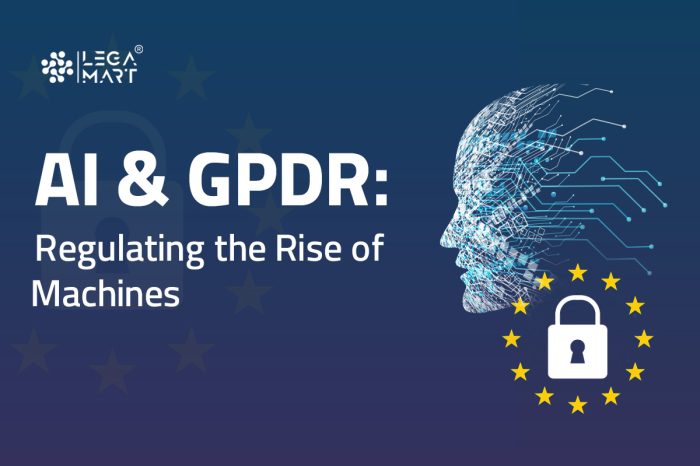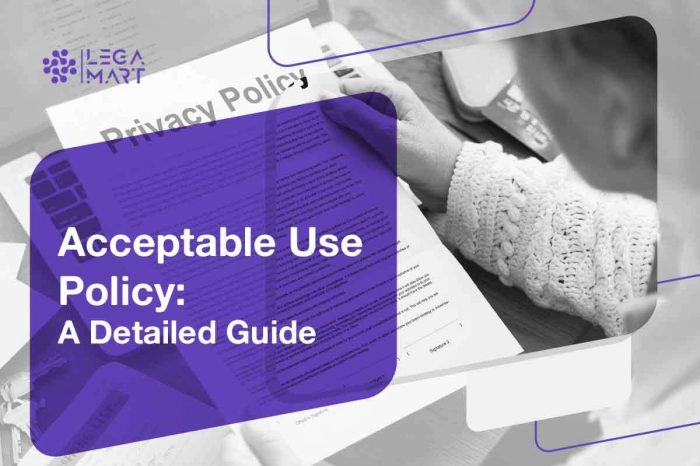GDPR compliance
General Data Protection Regulation (GDPR) is a regulation that governs data protection and privacy for individuals within the European Union (EU) and the European Economic Area (EEA). It applies to any company that processes the personal data of EU/EEA citizens, regardless of the company’s location. GDPR compliance is essential to avoid penalties and legal action, including fines and damages, for non-compliance.
Find best lawyers for GDPR compliance
Issues related to GDPR compliance
What is GDPR compliance?
If you’re collecting data from people in the European Union (EU), then you need to be compliant with the General Data Protection Regulation (GDPR). This regulation went into effect on May 25, 2018, and replaces the 1995 EU Data Protection Directive. Under GDPR, you need to get explicit consent from people before collecting their data. You also need to provide clear and concise information about how you plan to use their data and give them the right to access and change it whenever possible. If you still need to comply with GDPR, you should take steps to become compliant as soon as possible. However, the fines for non-compliance can be quite severe, so it’s not worth taking any chances.
Furthermore, GDPR is an international regulation. No matter where the company is based, it applies to all businesses that handle the personal data of EU citizens. Some specific requirements for companies that do business in multiple countries include having a representative in each EU country where they operate, appointing a Data Protection Officer (DPO), and registering with each country’s supervisory authority. For more information on these requirements, see our article on GDPR for businesses with international operations.


GDPR compliance works By making sure that companies protect the privacy of customers’ data privacy. The regulation requires companies to get explicit consent from people before collecting, using or sharing their data. Companies must also provide customers with clear and concise information about their rights under GDPR and ensure that customer data is securely stored. Finally, GDPR requires companies to report any data breaches to the authorities within 72 hours. Penalties for non-compliance include hefty fines of up to 4% of a company’s global revenue or 20 million euros (whichever is greater). So what does all this mean for businesses? Essentially, they need to reassess the way they handle customer data. They need to put systems in place too. There are a few critical legal considerations when it comes to GDPR compliance. Here are some of the most important ones:
- You must have a lawful basis for processing personal data. This could be consent, the contract performance, legitimate interests, or compliance with a legal obligation.
- You must inform individuals what personal data you’re collecting and why. You must also get their consent to collect and process their data.
- You must ensure that individuals have the right to access their data and request correction or deletion of any inaccurate or incomplete data.
- You must protect the personal data you collect from accidental or unauthorised destruction, alteration, or unauthorised access or use.”
Latest Articles
Tell us more about your problem.
Please give a brief description about what it is you need to talk to our lawyers about ?
Frequently Asked Questions
What are the GDPR requirements for UK businesses processing personal data?
UK businesses must comply with the EU’s General Data Protection Regulation, including obtaining consent to process personal data, allowing individuals to access their data and providing notifications of data breaches.
How can my business ensure GDPR compliance in China?
Your business may need to comply with China’s Cybersecurity Law, which imposes similar data protection and compliance obligations. It is recommended to seek local legal advice to ensure compliance.











